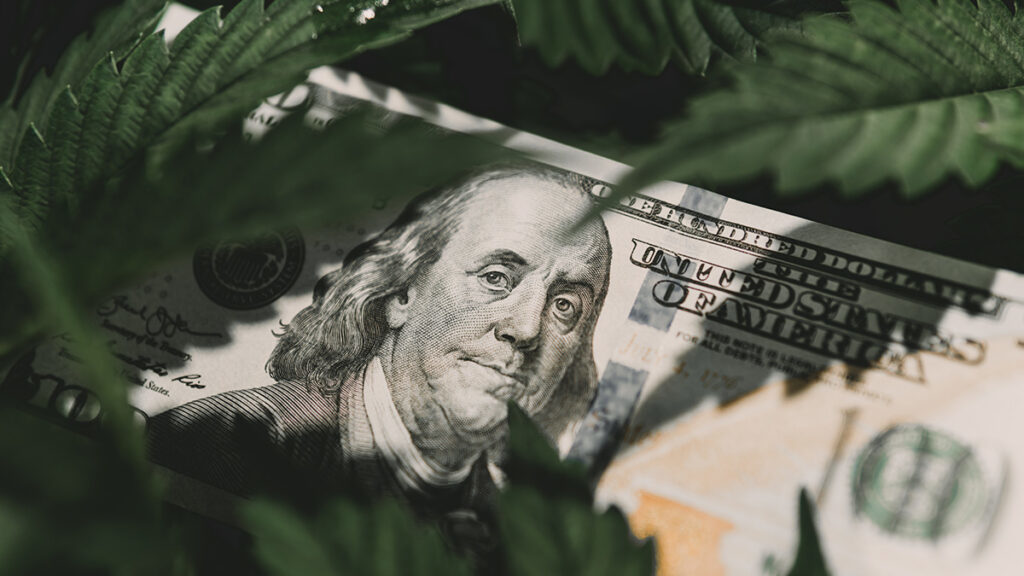In 2021, the 11 states that allowed legal sales within their borders raised nearly $3 billion in cannabis excise tax revenue, an increase of 33 percent compared to a year earlier.
Alcohol excise taxes in Colorado are 2.7 cents per shot of liquor, 1.3 cents per glass of wine, or 1 cent per pint of beer and raised a combined total of $53 million last year.
Nonetheless, it is remarkable that in the span of just a few years, the narrow “sin taxes” that states created to apply to cannabis purchases have managed to surpass the comparable taxes that have long applied to alcohol.
Both alcohol and cannabis revenues are usually overshadowed by tobacco which, for the time being, is the top “sin tax” revenue source in states.
Some recent increases in state tobacco taxes have helped to shore up tobacco tax revenues, but it remains clear that cannabis taxes are generally growing faster than tobacco taxes.
Already, the two states with the oldest and most developed legal cannabis markets have seen their cannabis tax haul surpass their tobacco tax revenues: cannabis revenue outperformed tobacco by 17 percent in Colorado and 44 percent in Washington State last year.
When legalization finally occurs—whenever that may be—the industry will undergo a major transformation as it gains long-awaited access to interstate commerce, banking services, and routine tax deductions that other businesses take for granted.
Reworking cannabis taxes so that they apply to the quantity being purchased , will allow for a more sustainable tax base than taxing at a percentage of a falling price.
